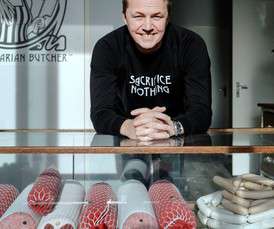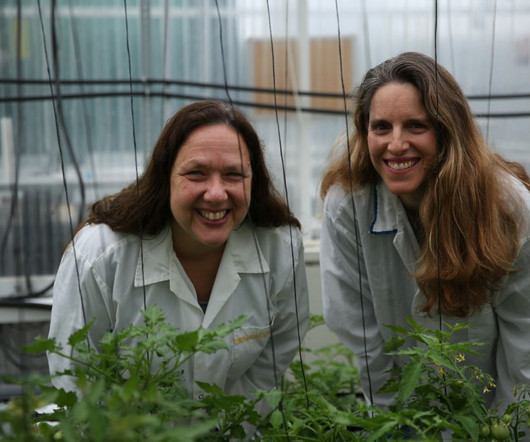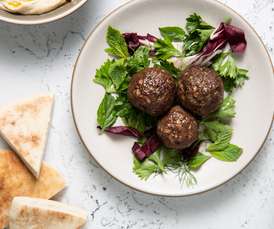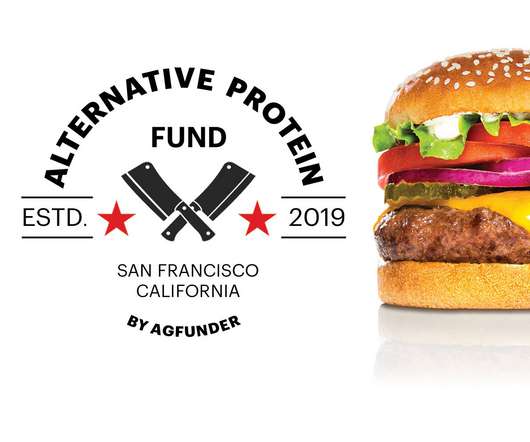A plant-based recovery? The Vegetarian Butcher's Hugo Verkuil on shifting diets during a pandemic
Business Green
DECEMBER 20, 2020
Unilever recently set out its plan to significantly expand its plant-based range, with a view to securing €1bn in annual sales from alternative meat and dairy products within the next seven years. Three years ago, people who ate plant-based meat were the exception.















Let's personalize your content